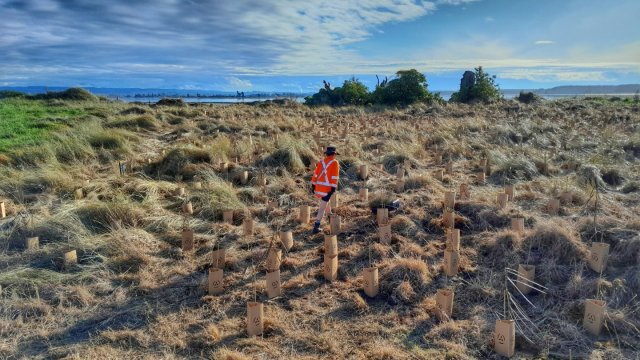Bringing down the dancefloor: Deconstruction a sustainable alternative to demolition
05/02/2021 3:49pmYou may remember it best as the humming nightclub Horatio’s, or the Club Basic gym if you preferred protein shakes to snakebites, but it’s time to call last orders at 23 Halifax Street.
Since December 2020, Norwest Demolition has been working on the deconstruction of the empty property, which most recently housed the Mediterranean Food Warehouse, and on 9 February, the final stages will begin.
Scaffolding will surround the building as corrugated iron roofing is carefully removed, followed by steel trusses, and finally, the concrete walls. None of these materials will go to waste; even the concrete will be crushed by local firm Berkett Contracting and then reformed into a building material.
Deconstruction is a more sustainable way to remove a building than demolition because much of the building’s interior and exterior is reused, rather than reduced to rubble and sent to landfill. The process is also far less invasive, creating less dust and debris and is better for the environment.
Group Manager Infrastructure Alec Louverdis says Nelson companies and organisations have played an essential role in ensuring as much of the building’s contents and structure are reused as possible.
“Groups like Habitat for Humanity, the Resource Recovery Centre and Menzshed were able to take lots of the interior fittings. That’s things like piping, wiring, guttering, timber doors and steel trusses that could be repurposed for affordable housing projects.
“What really stands out when you visit 23 Halifax Street is how neat and tidy the site is compared to a demolition site. It’s like it has been picked apart by a team of environmentally conscious locusts.”
Not everything can be reused or recycled. Parts of the building that were contaminated with asbestos or black mould were disposed of in a safe manner.
Infrastructure Chair Brian McGurk says the new approach is a key part of Council’s response to climate change.
“We need to do things a little differently if we are going to succeed in mitigating the effects of climate change. Infrastructure projects are an essential part of Council’s work as well as providing stimulus to the local economy. However, we must always consider the environmental impact. Deconstruction of buildings and recovery of the materials that would otherwise go straight into the landfill is one way that we can actually address the emissions produced by Council business.”




